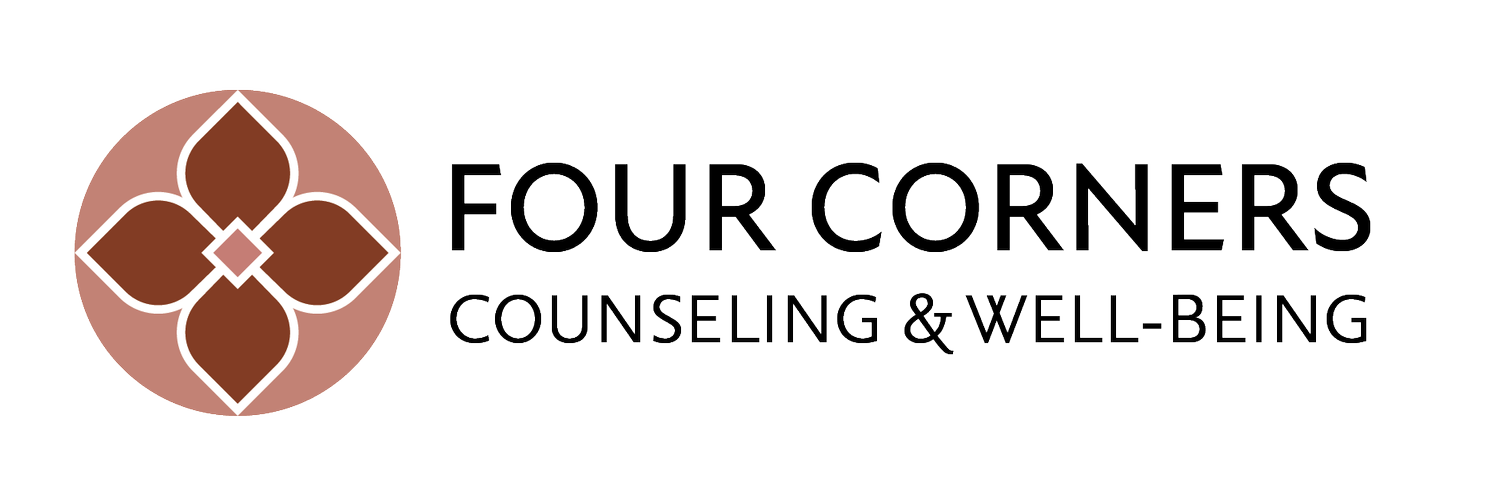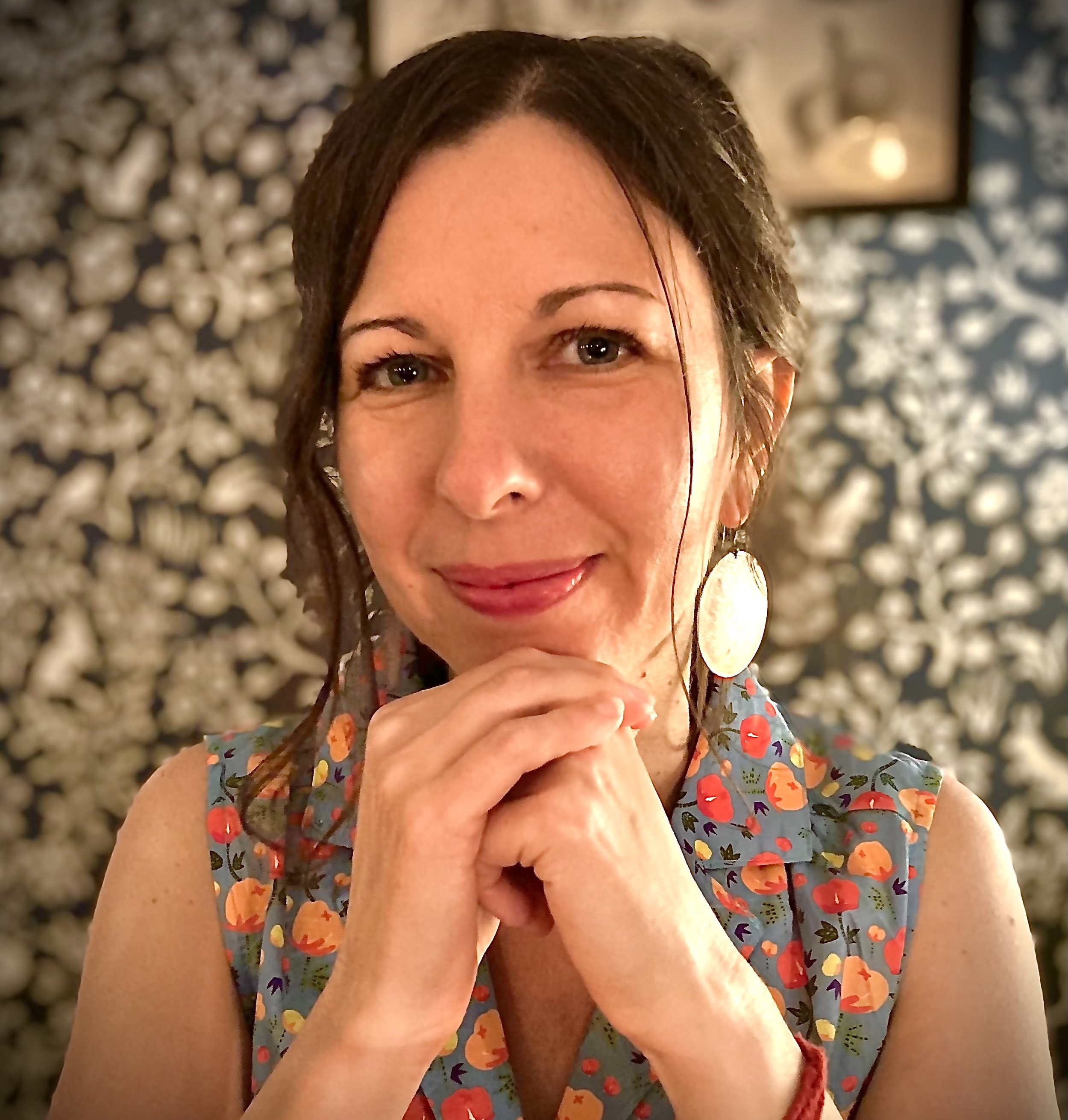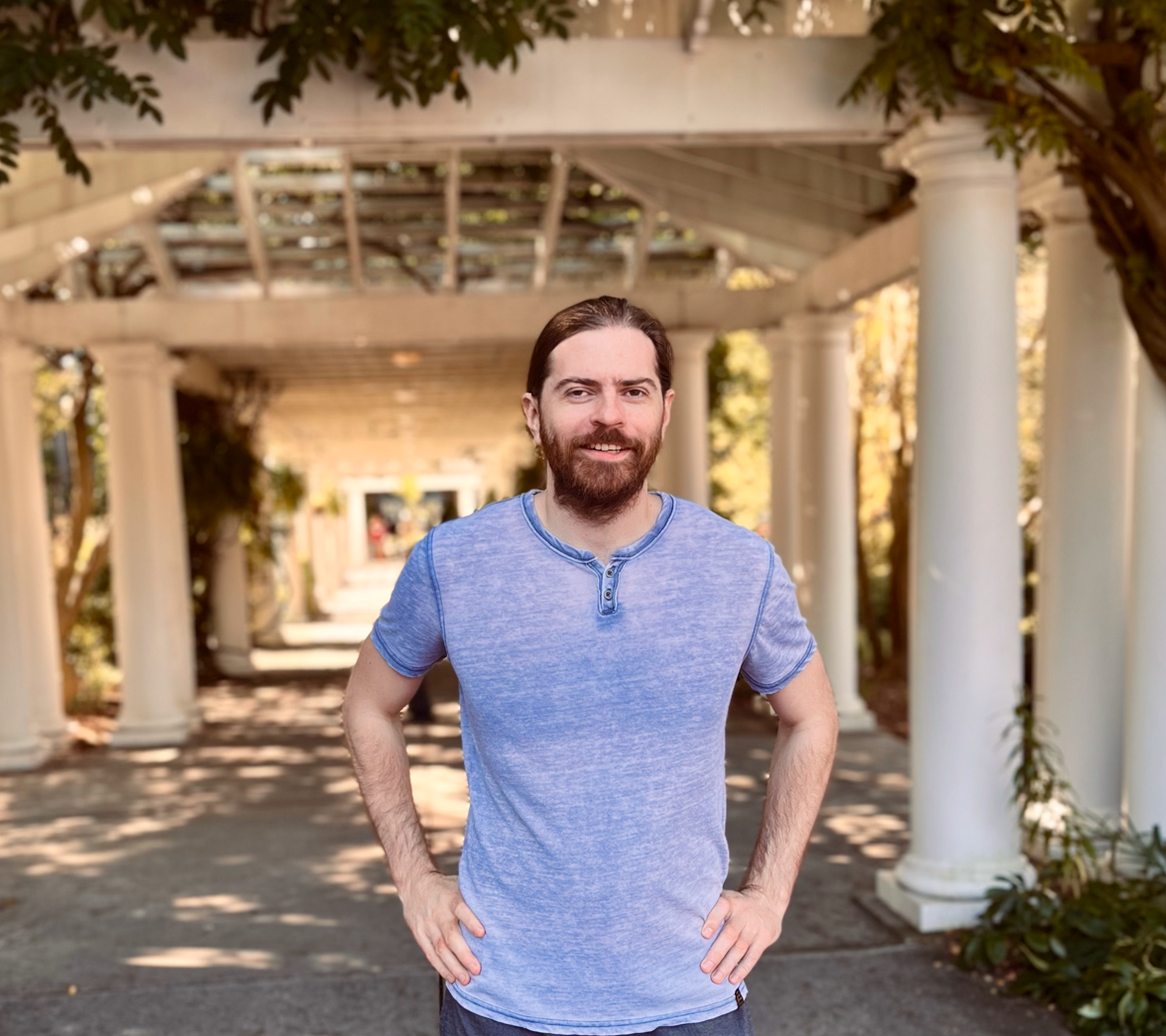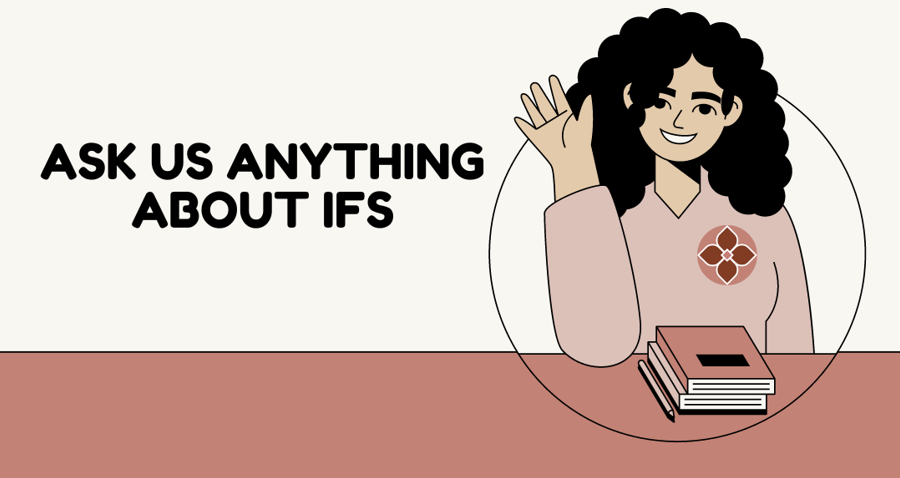
Mindfulness & Self-Compassion
Does it feel like you’re on autopilot, running from one thing to the next? Do you sometimes react in ways that you end up regretting? Do you struggle to stop your mind’s ruminating thoughts? We can help you find a sense of calm and stability while being more intentional and less reactive. All of our therapists are trained in offering skills and practices that cultivate mindfulness - the ability to pay attention to what’s happening right here, right now.
What is mindfulness?
Mindfulness is a trendy buzzword for a basic human skill: being present. Jon Kabat-Zinn, the pioneering scientist who developed Mindfulness-Based Stress Reduction (MBSR), defines mindfulness as “awareness that arises through paying attention, on purpose, in the present moment, non-judgmentally.” Let’s take this definition one piece at a time.
Awareness means to feel, experience, or notice through the five senses. When we sip coffee, we can be aware of not only the taste but also the warmth on our lips, the smell, the sight of the steam rising, and the feel of the mug in our hand. Depending on how mindful we are in that moment, we might also be aware of the sounds of birds singing outside the window and how our feet feel on the floor.
The next part of the definition—paying attention, on purpose, in the present moment—sounds simple but is actually difficult. Our brains are built to do the opposite of being in the present. We spend much of our time thinking about the future or the past. The human prefrontal cortex, the part of the brain responsible for remembering (in the past), planning (in the future), and abstract thinking (in the mind), is relatively large compared to that of other animals. Instead of fully experiencing the coffee, we miss the present moment experience and instead focus on the work we have to do later in the day or plan what’s for dinner or worry about something we said to our partner yesterday.
There’s nothing wrong with planning for the future or reminiscing about the past. It’s just that we do it so much we often miss what’s happening right in front of us. All of this thinking also tends to increase stress, anxiety, and other negative emotions. In fact, the vast majority—an estimated 80 percent—of our conscious thoughts are negative, while upwards of 90 percent are repetitive. When we aren’t mindful, it’s easy to get stuck in the ruminating, worried thought loops that keep us from being present, even in the midst of moments or with people who matter deeply to us.
What is self-compassion?
The last word in the definition—”non-judgmentally”—is where self-compassion comes in. There’s an ancient Buddhist parable about “the second arrow,” that helps explain this crucial aspect of mindfulness. Here’s an example: you get an email from your boss criticizing your work. You might feel hurt, fear, anger, or a mix of all of these emotions. This is the first arrow—our emotional reaction.
When you get hurt by an arrow, that is pain. The arrow hitting your arm, it hurts. Pain.
However there is a second arrow, which is your reaction to the arrow, the getting angry, the planning revenge, that is beyond pain, that is suffering.
-Buddhist Teaching
The second arrow is our reaction to the first. “I can’t get anything right,” you might think. Or, “I shouldn’t be so sensitive and let my boss get to me like that.” Instead of simply feeling our emotions, we often criticize ourselves or resist our feelings, which only adds to the pain. That’s the second arrow.
Experiencing emotions is not something we can always control. What we can control is how we respond to them. When we respond with self-criticism or attempt to avoid the feelings, it makes it harder to move through painful emotions. It also, paradoxically, increases the sense of being overwhelmed or keeps us feeling stuck in a difficult place. Responding with understanding and acceptance rather than judgement can support us in moving through the emotion more quickly, helping us find a sense of ease and normalcy.
Self-compassion is one of the most powerful ways to acknowledge our immediate experience. This inner practice could look like telling yourself something like, “It’s okay to feel this way” and “these feelings are normal---other people feel this way, too.” It could be placing your hand softly on your chest or arm for comfort. It could be imagining a spiritual figure or someone who loves you deeply. It could simply be noticing an emotion without judging it.
To be sure, self-compassion is not giving up or letting the world walk all over you. It’s simply being kind to yourself so that you have a little more choice, and you can respond rather than react to situations in your everyday life. If you are aware that you are feeling angry at someone, you could decide to discuss the situation with them. Or you could decide not to. Either way, your decision wouldn’t be distorted by self-criticism or avoidance of your anger. If you did choose to speak with the person you are angry with, you could speak more honestly for your feelings rather than from them, and without shame. All because you are aware in the present moment of your anger, non-judgmentally.
How can mindfulness help?
Being more mindful has numerous benefits for our physical and mental health.
It’s been shown to improve sleep and help with insomnia.
It can decrease stress, lower anxiety, minimize depressive thinking,
and even limit physical pain caused by chronic conditions such as fibromyalgia.
It increases attention span and decreases cognitive decline in old age.
Beyond all of that, mindfulness can help you show up more fully for what really matters to you. There are always so many things calling for our attention—work, household chores, a child/partner/parent/friend who needs your attention, text messages, the latest news cycle. Sometimes it feels like we’ve been running from one thing to the next for days, weeks, even years. Mindfulness helps you take a pause, reset, and refocus on what matters most. Mindfulness gathers your attention in a way that enables you to bring your whole self to your daily activities and interactions. It gives you a sense that you have more choices in how to navigate challenging times. It helps you react less and respond more.
You don’t need to be a Zen Buddhist monk to practice mindfulness. There are simple ways to practice being more mindful that will change the quality of your experience in a matter of seconds. All Four Corners Counseling & Well-Being therapists are trained in offering skills and practices that can help you cultivate mindfulness at work, in relationships, and throughout your life.
Ready to get Started?
Call us at 301-960-8960 for a short chat with our Client Care Coordinator, who is available weekdays from 9 AM to 5 PM. You can also fill out the contact form and we will get back to you.
Mindfulness isn’t difficult, we just need to remember to do it.
- Sharon Salzberg, American mindfulness teacher and author
Recent Posts
Find us in Silver Spring, MD
We’re located right off of the beltway and just 10 minutes north of the Silver Spring Metro at 10000 Colesville Rd #5. We are easily accessible by car, bicycle, rideshare, and public transit.






